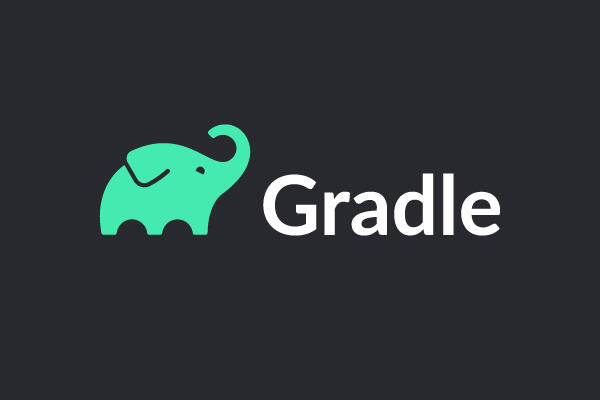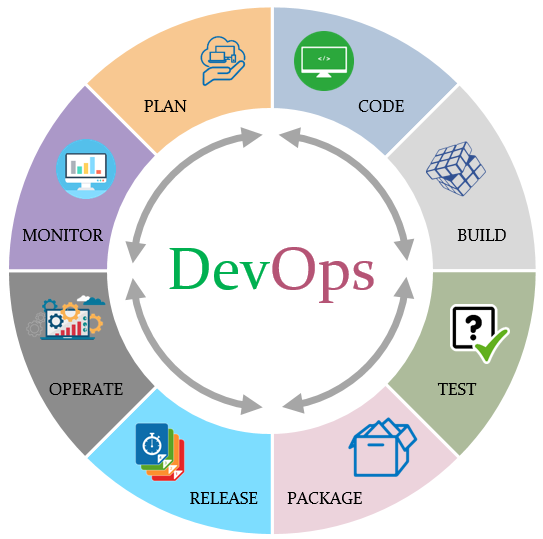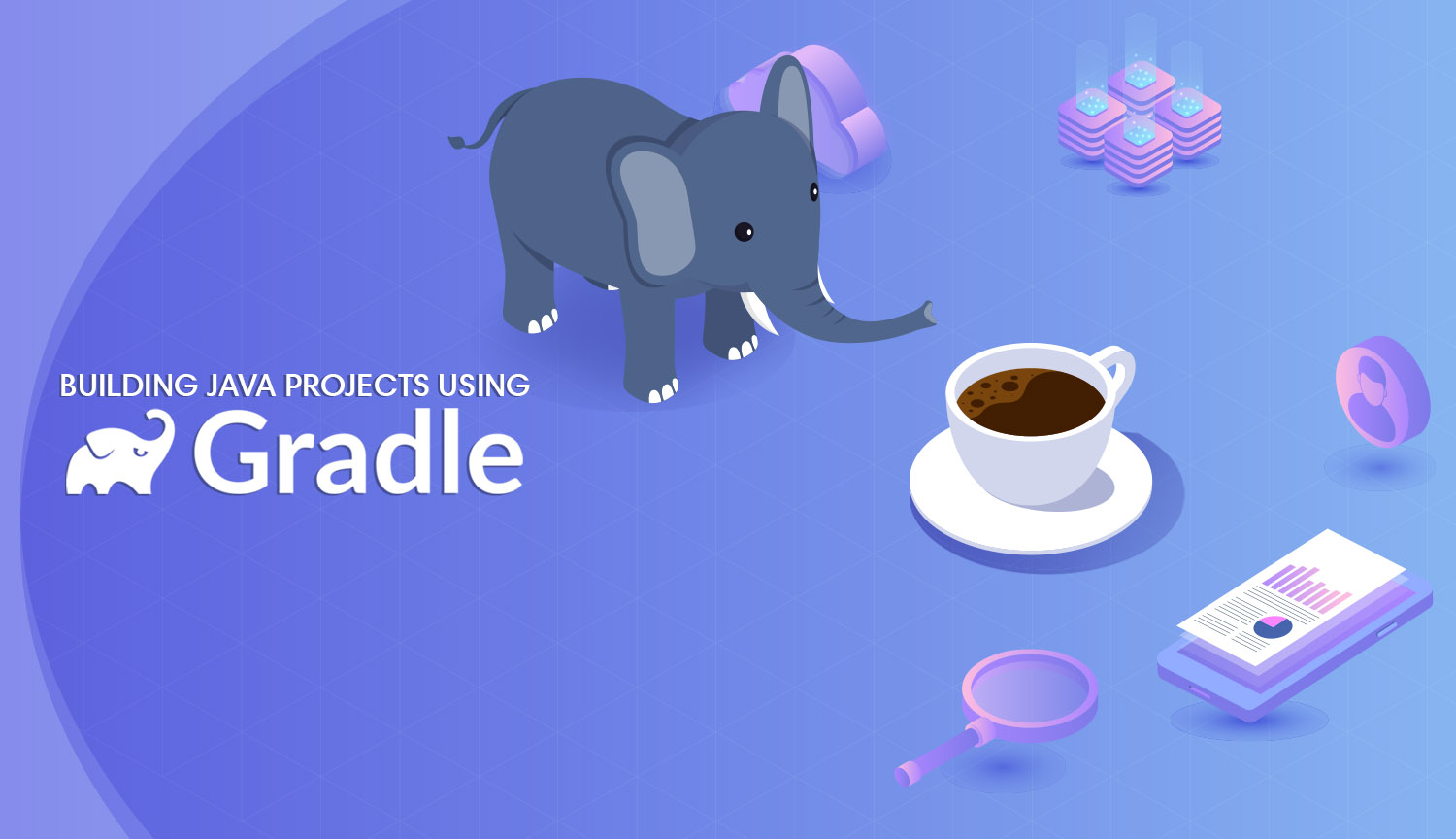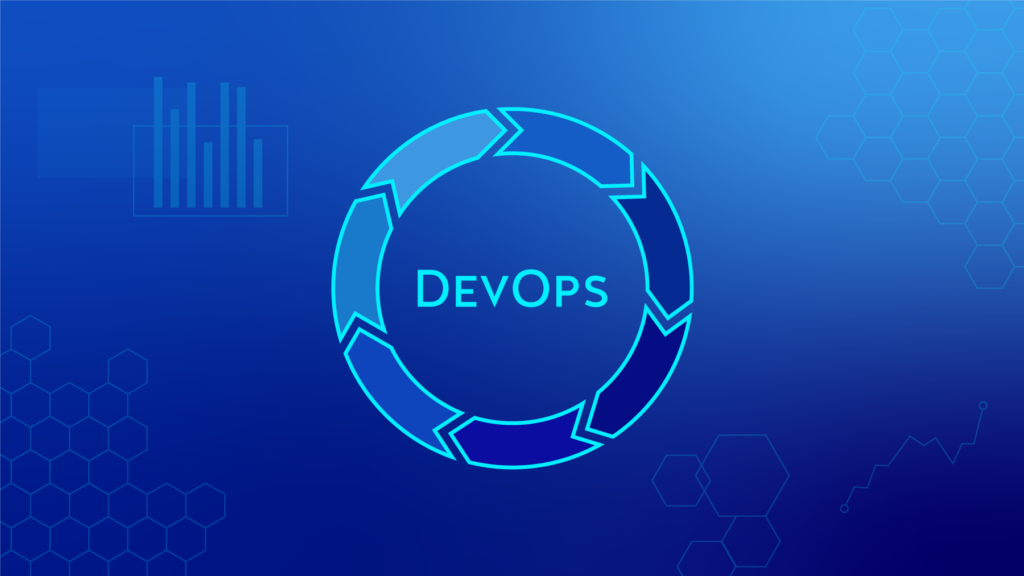Description
Introduction
Gradle Fundamentals is a powerful, flexible build automation tool used primarily for Java projects, though it supports other languages as well. It is designed to automate the build process, manage dependencies, and integrate various tasks seamlessly. Gradle leverages a Domain-Specific Language (DSL) based on Groovy or Kotlin, making it both intuitive and highly configurable. With its focus on performance and flexibility, Gradle is widely used in Java development environments, offering better scalability and dependency management compared to other build tools like Maven.
In this training, we will dive deep into Gradle’s fundamental building blocks, including its architecture, tasks, plugins, and how to efficiently build Java projects using Gradle.
Prerequisites
- Basic understanding of Java programming language
- Familiarity with build tools (e.g., Maven, Ant) is beneficial but not required
- Experience with the command line interface (CLI)
Table of Contents
- Introduction to Gradle Fundamentals
1.1 What is Gradle?
1.2 Key Features and Benefits of Gradle
1.3 Gradle vs Other Build Tools (Maven, Ant)
1.4 How Gradle Fits into the Java Development Lifecycle
1.5 Installing Gradle and Setting Up the Environment - Understanding Gradle’s Build Script
2.1 Introduction tobuild.gradle(Groovy DSL) andbuild.gradle.kts(Kotlin DSL)
2.2 Basic Structure of a Gradle Build Script
2.3 Declaring Plugins in Gradle
2.4 Defining Project Properties and Settings
2.5 Understanding thebuild.gradleFile for Java Projects - Gradle Tasks
3.1 What Are Tasks in Gradle?
3.2 Default Tasks in Gradle and Custom Tasks
3.3 Task Configuration vs Task Execution
3.4 Defining and Running Custom Tasks
3.5 Task Dependencies and Task Ordering
3.6 Task Inputs and Outputs - Managing Dependencies in Gradle
4.1 Introduction to Dependency Management in Gradle
4.2 Declaring Dependencies:compile,testImplementation,runtimeOnly, etc.
4.3 Using Maven Central and JCenter Repositories
4.4 Local and External Dependencies
4.5 Dependency Scope and Conflict Resolution
4.6 Transitive Dependencies and Dependency Exclusions - Gradle Plugins
5.1 What are Plugins in Gradle?
5.2 Using the Java Plugin in Gradle
5.3 Working with the Application Plugin for Executable JARs
5.4 Popular Gradle Plugins for Java Projects (e.g., Spring Boot, Checkstyle, Jacoco)
5.5 Configuring and Customizing Plugins in Build Scripts - Building Java Projects with Gradle
6.1 Setting Up a Simple Java Project with Gradle
6.2 Compiling Java Code and Managing Source Sets
6.3 Running Unit Tests with Gradle
6.4 Building and Running Java JAR Files
6.5 Packaging and Versioning Java Artifacts (JAR, WAR, EAR)
6.6 Automating Java Build Tasks:clean,build,test - Multi-Project Builds in Gradle
7.1 Introduction to Multi-Project Builds
7.2 Organizing Subprojects and Dependencies
7.3 Configuring the Root and Subprojects’build.gradleFiles
7.4 Managing Multi-Project Dependencies
7.5 Running Tasks Across Multiple Projects(Ref: Trello Fundamentals from beginner to advanced) - Gradle and Continuous Integration (CI)
8.1 Integrating Gradle with CI Tools (e.g., Jenkins, GitLab CI)
8.2 Automating Build and Test Processes
8.3 Gradle Tasks for CI/CD Pipelines
8.4 Using Gradle for Release Management and Versioning
8.5 Optimizing Gradle Builds for Faster CI Runs - Advanced Gradle Features
9.1 Gradle Daemon for Faster Builds
9.2 Parallel and Incremental Builds
9.3 Customizing Build Lifecycle withbuild.gradleHooks
9.4 Using Gradle Wrapper for Consistent Builds
9.5 Configuring Gradle for Enterprise Use Cases - Troubleshooting and Debugging Gradle Builds
10.1 Common Gradle Errors and How to Fix Them
10.2 Using the--stacktraceand--infoFlags for Debugging
10.3 Gradle Dependency Insight and Resolution Strategies
10.4 Using Gradle Profiler for Performance Tuning
10.5 Gradle Build Scans for Advanced Troubleshooting - Best Practices for Gradle Builds
11.1 Keep Builds Clean and Modular
11.2 Optimize Dependency Management
11.3 Maintain Version Control Best Practices
11.4 Automate Repetitive Tasks and Build Automation
11.5 Keep Build Scripts Simple and Well-Documented - Conclusion of Gradle Fundamentals
12.1 Recap of Gradle Key Concepts and Features
12.2 Building Scalable and Efficient Java Projects with Gradle
12.3 Exploring Gradle for Other Languages and Projects
12.4 Future Directions: New Features in Gradle
12.5 Further Learning Resources for Mastering Gradle
Conclusion
Gradle is an essential tool for modern Java developers, providing a highly flexible, scalable, and powerful platform for building projects. By mastering Gradle, you can optimize your build processes, automate repetitive tasks, and manage dependencies more efficiently. Understanding how Gradle fits into the Java development lifecycle, along with its core components like tasks, plugins, and dependencies, will allow you to build high-performance, production-ready applications.
Gradle’s powerful build automation capabilities extend beyond Java projects and are adaptable for multi-project and enterprise-level environments, making it a key skill for any developer aiming to enhance their productivity and build efficiency.










Reviews
There are no reviews yet.